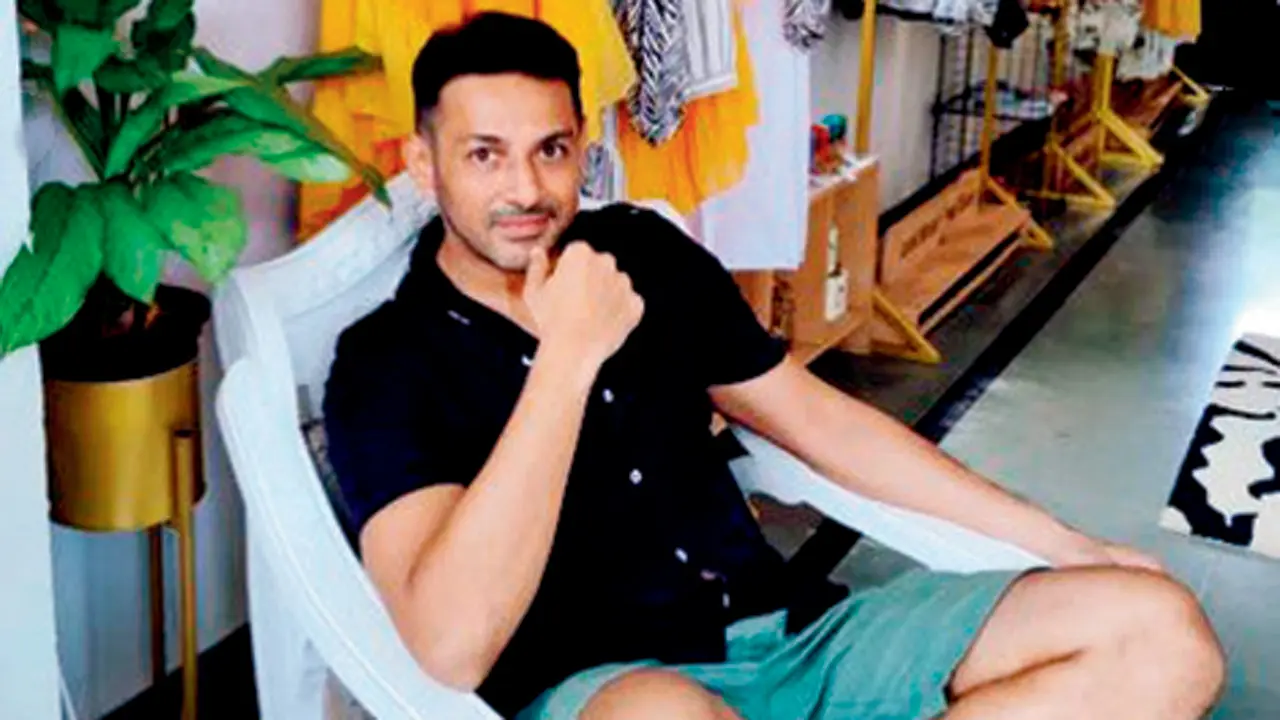
In 2018, the Supreme Court decriminalised Section 377. So, no one could be put behind bars for being gay. But then what? Decriminalisation was only the first fight. The demand for respect and equal rights is still ongoing. While the Pride flag is often used by brands to show support — especially during the Pride Month — basic rights are still denied.
“I have been very uncomfortable with the term queer,” starts off screenwriter, editor Apurva Asrani, when we get on a call with him to discuss his new social media series, Rangila Rupya, that reflects the economic influence and voter power of the LGBTQiA+ community and his desire for a movement that solely reflects the community’s struggle in India. “When people called me to their queer festivals, I used to write to them saying, if you call it queer, I’m not coming because it’s not our term. It’s a term that is derogatory for us. I feel we need to find out what our own LGBTQiA+ history is and own up to that.”
He credits the West for rioting for their rights, and for the likes of Harvey Milk — the first openly gay man to be elected to public office in California — for standing up against the establishment. The word queer, which was once derogatory, the West turned it into power, but Asrani feels, “There’s no power in the word ‘Queer’ in India. It’s not our word. It’s not something that comes from our society. This is not at all to take away from that extremely brave movement there.” While he believes it gave them courage, he also feels it is somehow unfair to those who fought the battle in India. He explains, “Our fight is different. Our fight has been legal, in courts, through think tanks, through the media. So our movement needs to be defined. That’s my effort.”
After his reel, titled Are we truly queer? went viral, Asrani realised others shared his discomfort. So, he decided to bell the cat. The screenwriter believes that the dialogue needs to change after 10 years. The people from the LGBTQiA+ community still can’t marry, inherit property, or claim the body when a spouse passes away. Or get insurance together. Yet they are important for the vote bank and the economy, but remain on the periphery.
“Anything that needs to be systemically put into people has to be converted into a law. That was where I think Rangila Rupya was born. A rangila person is someone who believes in different voices that can coexist. In the video, I say 135 million people, but there are so many who are still in closets. We are spending money on holidays, restaurants, and food. Now, there is a lot of economic power that lies in the hands of this community — around two lakh crores and growing. If businesses want that money, they better respect us, or we’ll take our money elsewhere.” He’s now building a verified list of Rangila-friendly businesses. “We’re making it clear: we are watching you.”
Citing the cancellation of Jainil Mehta’s dance show, titled Samaaj, on April 26 at the Madhyavarti auditorium of Jawahar Kala Kendra due to pressure, Asrani shares that he wouldn’t invest in cities or brands that don’t respect the Rangila-people. “I’m happy to see some brands like Lalit Group of Hotels and Godrej walking the talk. When I hear about incidents like Jainil’s cancellation, it baffles me because it’s bad business sense — you lose good business, and disrespect art and culture.”
Landmark moments in the LGBTQiA+ movement in India
1977: First public coming out1981: BOMGay the first known Indian gay film1999: First Pride parade 2001: Legal challenge to section 377 begins2009: Delhi HC decriminalises homosexuality2013: Supreme Court reinstates section 3772014: Transgender rights recognised2017: Supreme Court declares Right to Privacy = Right to Sexuality2018: Section 377 decriminalised2023: Supreme Court declines same-sex marriage legalisation
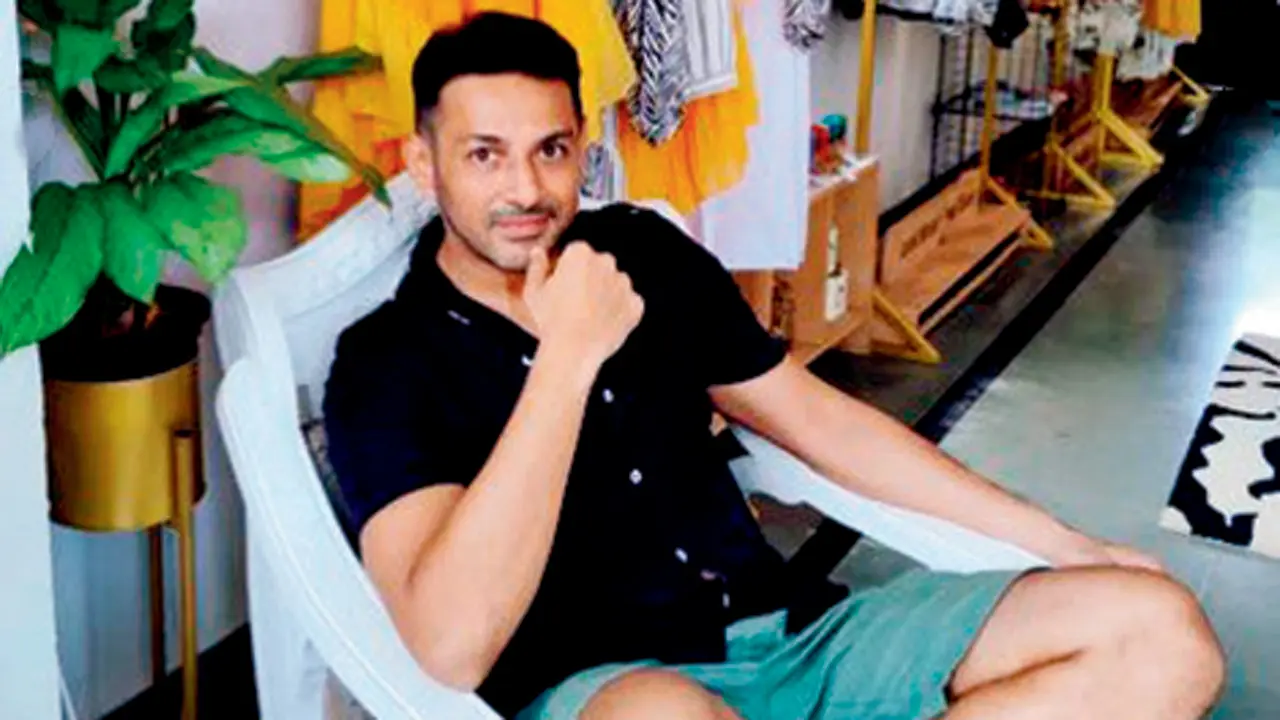

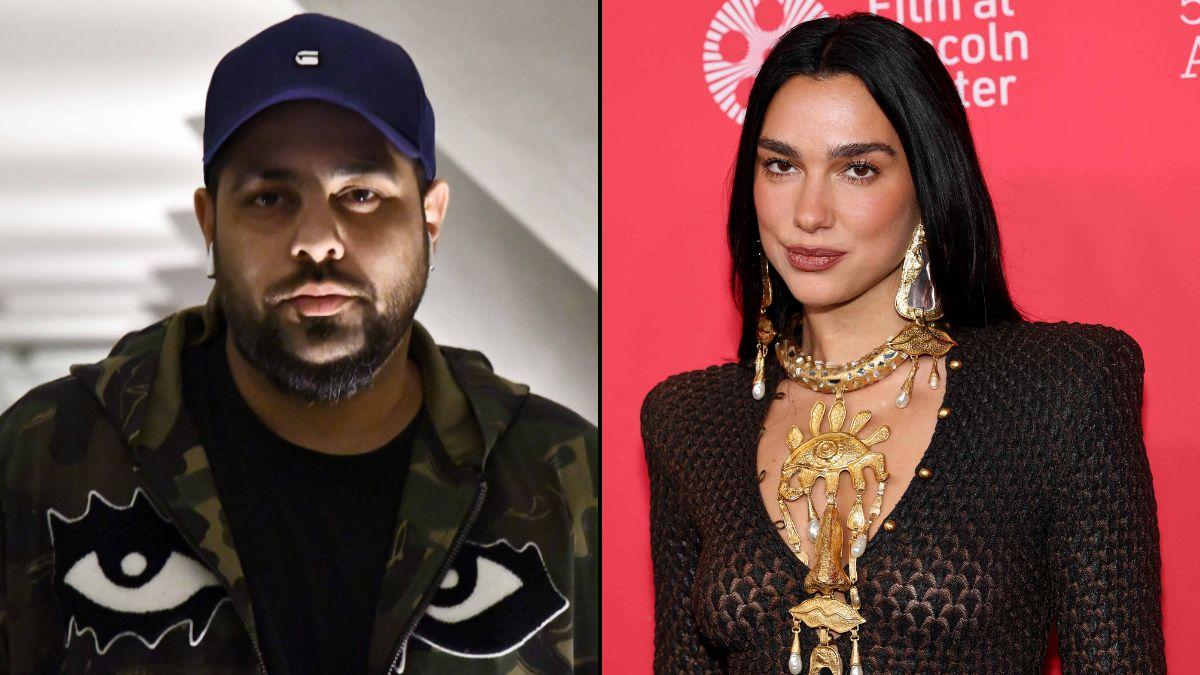
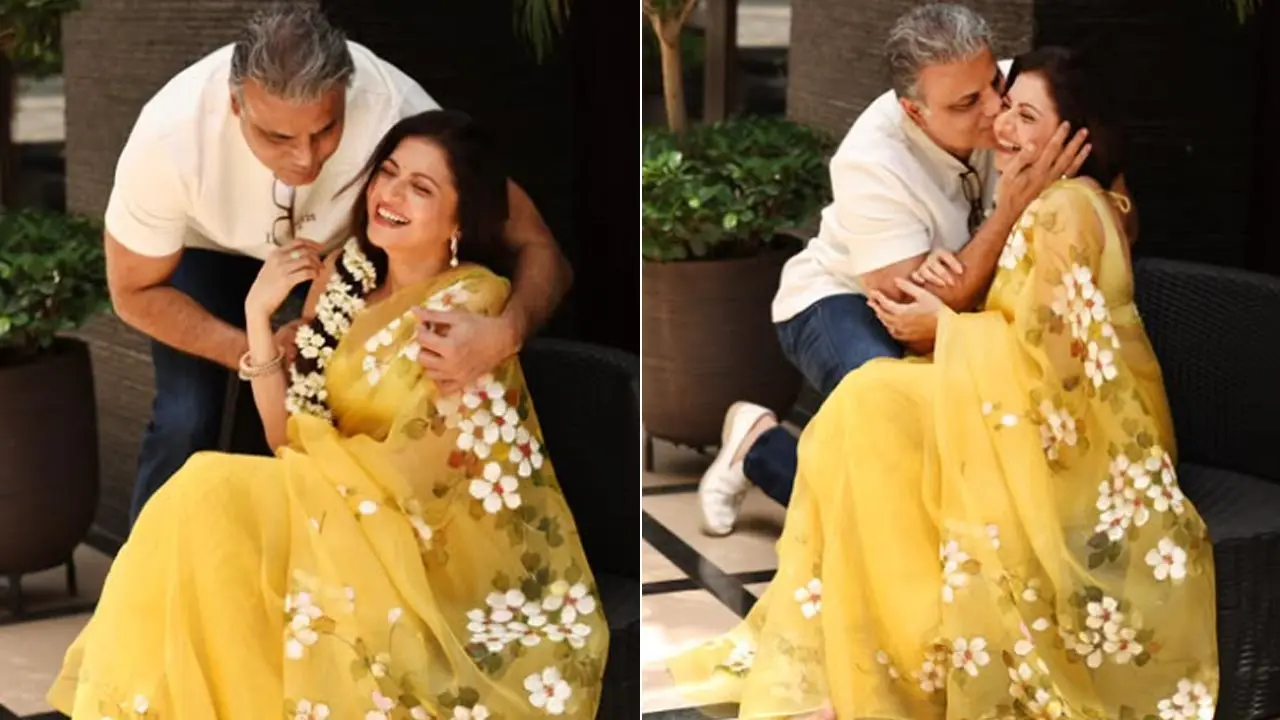
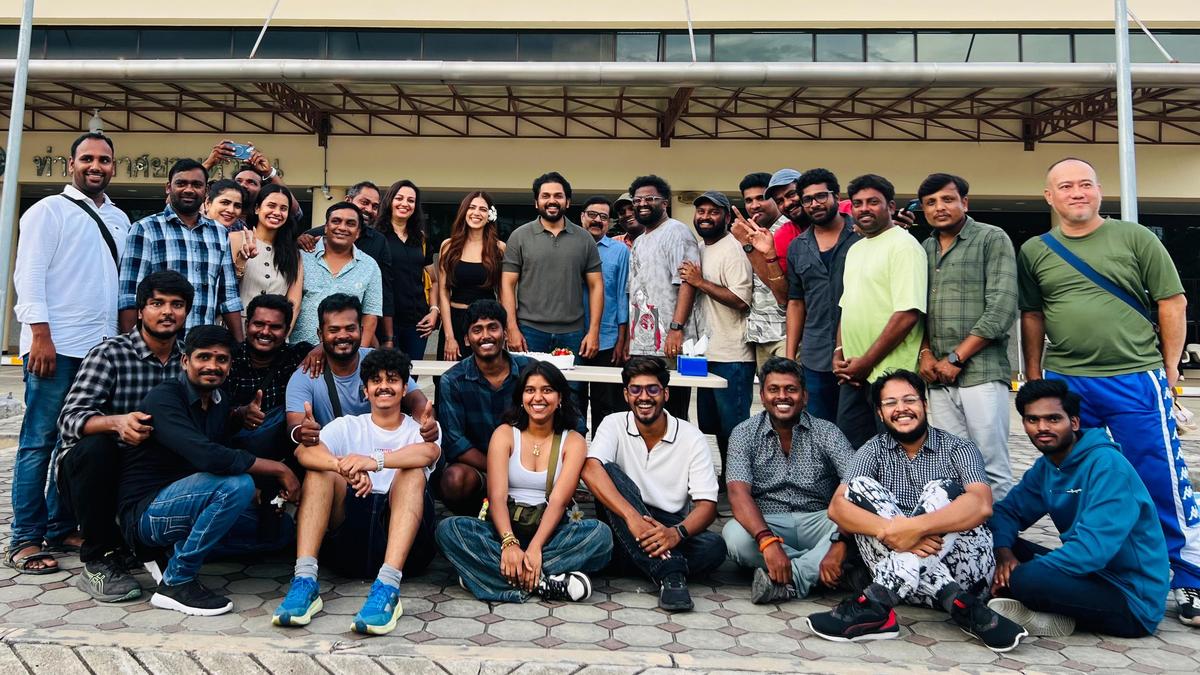
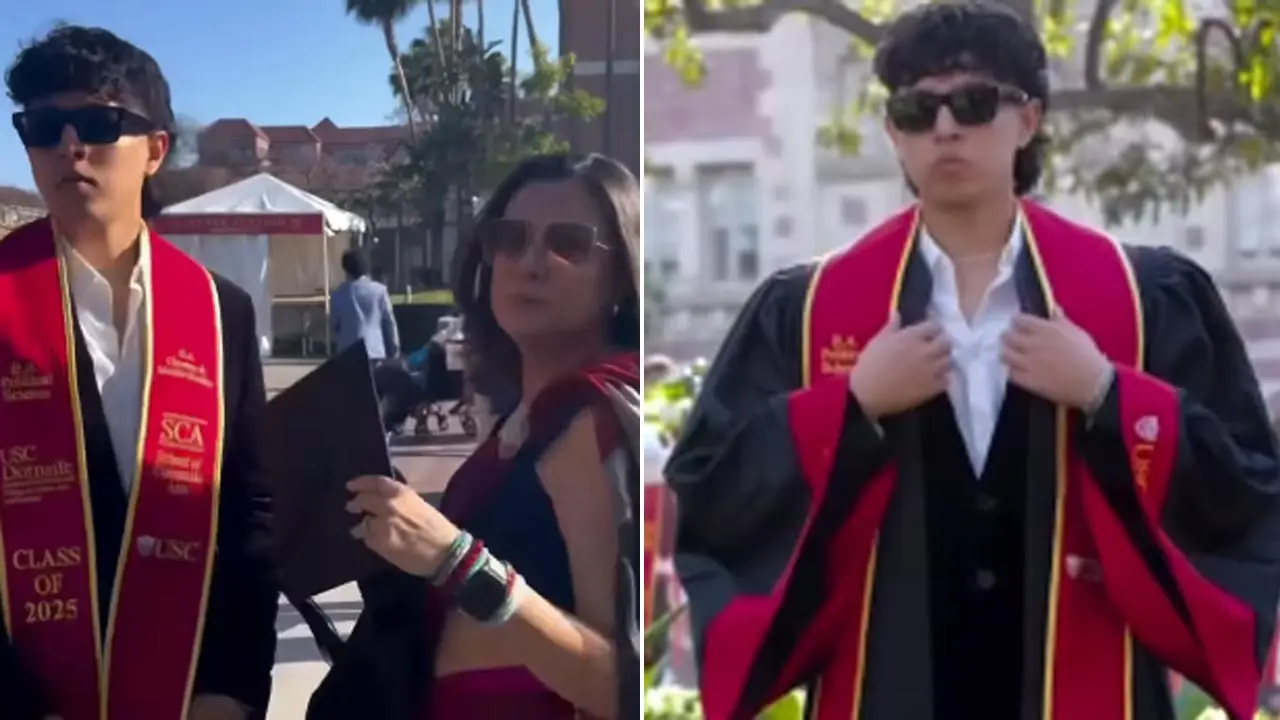
Leave a Reply